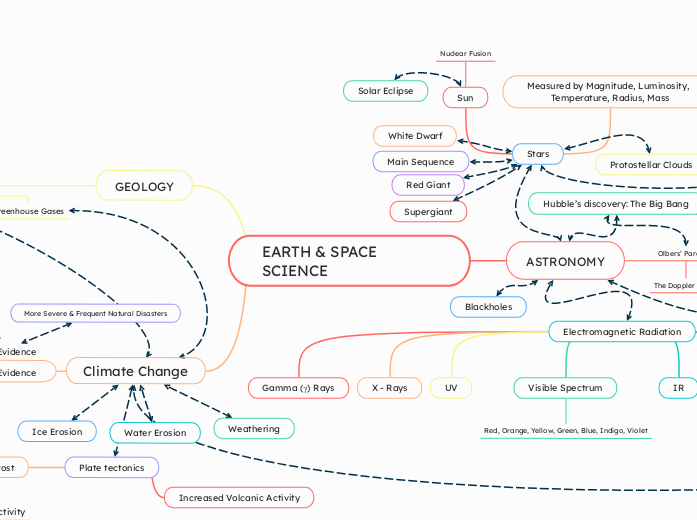a Jiya Desai 10 hónapja
86
EARTH & SPACE SCIENCE
A diverse range of topics in Earth and space science includes significant discussions on astronomical phenomena, geological formations, and climate change. Key astronomical concepts such as Olbers'

a Jiya Desai 10 hónapja
86

Még több ilyen
Tides
Surface temperature
Earth’s magnetic field
Jupiter as a bodyguard
Ozone layer
Webequie
Marten Falls
Peatlands
exoplanets